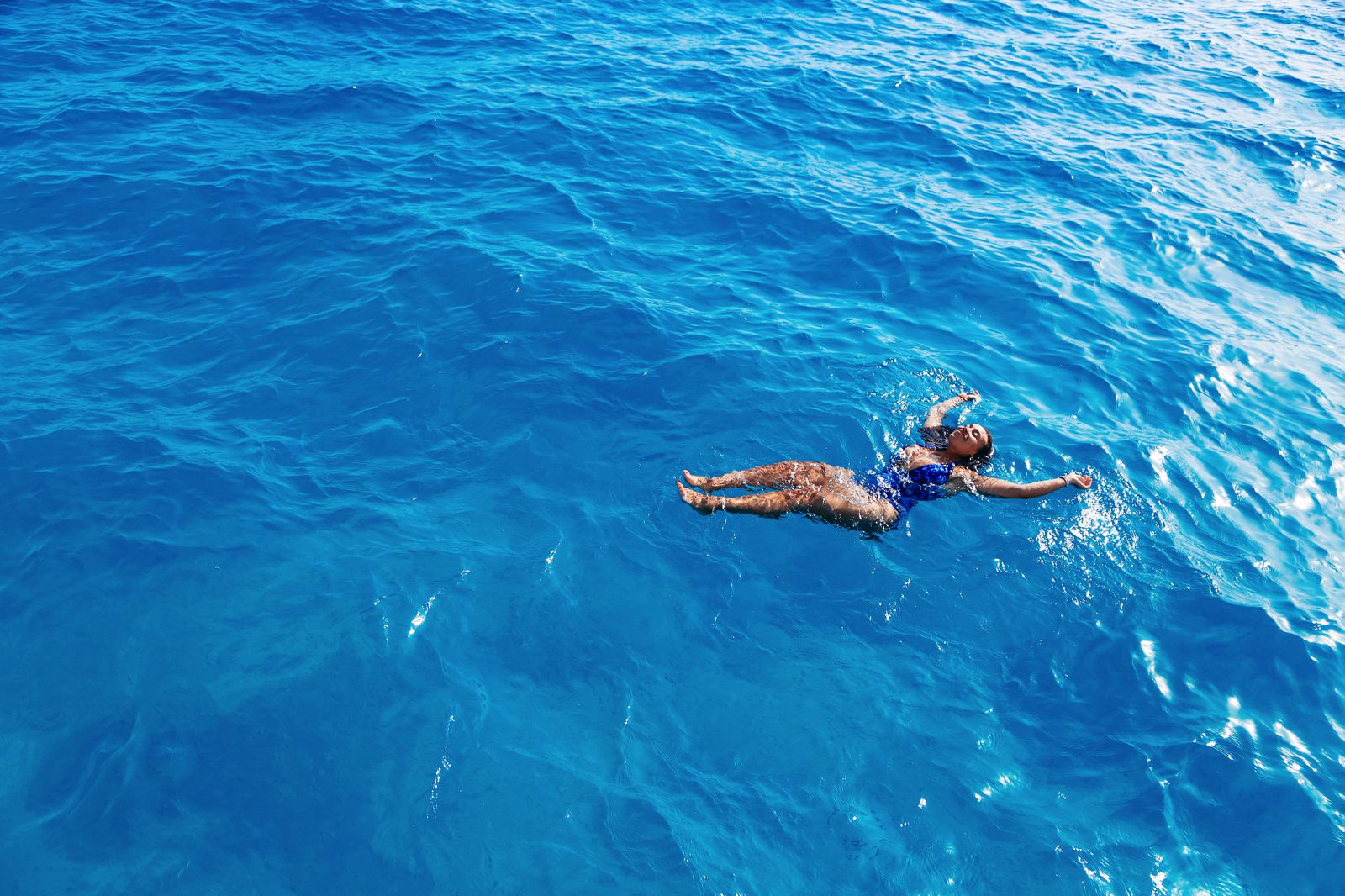Summary

Taking a photograph is merely one facet of the process; refining that image through editing is essential to achieving the vision you had in mind while capturing it.
While cameras possess remarkable capabilities, they often fall short of replicating human perception, especially in terms of color and vibrancy. Therefore, editing is a crucial step. Below are five user-friendly tools that can enhance the impact of your photographs.
Note: The following examples reference Lightroom, but the fundamental principles apply to any photo editing software you may choose to use.

For each tool discussed below, a “Before and After” slider has been created to illustrate the transformation each tool applies to the images effectively.
1.) Enhance Clarity
This feature accentuates minute details in your images and is especially effective for various types of photographs, including landscapes with dramatic rock formations or portraits (although they can be slightly harsh). Essentially, it sharpens almost any image you wish to enhance.
2.) Decrease Light/Exposure
Contrary to popular belief, overexposure (excessively bright images) isn’t always superior to underexposure. In many cases, the opposite may hold true. Reducing the brightness can refine the focus of an image and reveal additional intricate details.
3.) Add Grain
Incorporating grain into a photograph can impart a rustic texture in a subtle manner. This technique typically performs best on images with greater brightness and is among the more subjective adjustments (opinions may vary). However, finding the appropriate context for applying grain can create a timeless aesthetic. Furthermore, this technique is ideal when the original photo quality is less than ideal or already exhibits noise; this approach allows for embracing natural imperfections, crafting the appearance of intentional artistry.
4.) Adjust Temperature
Altering the temperature in an image—either cooling or warming—can significantly amplify its visual appeal. Cooler temperatures enhance whites and deep blue hues, while warmer adjustments tend to introduce a touch of orange (ideal for portraying sunsets). This modification can align the final image more closely with your envisioned concept (as evidenced in the examples below, where a cooler temperature adjustment has been applied to intensify the water and swimsuit’s blue tones).
5.) Decrease Saturation But Elevate Vibrance
This approach may seem counterintuitive, yet it is remarkably effective. Overly saturated images tend to appear displeasing; utilizing vibrance as opposed to saturation offers a pathway to infuse your photographs with color without making the image resemble a child’s coloring mishap.





